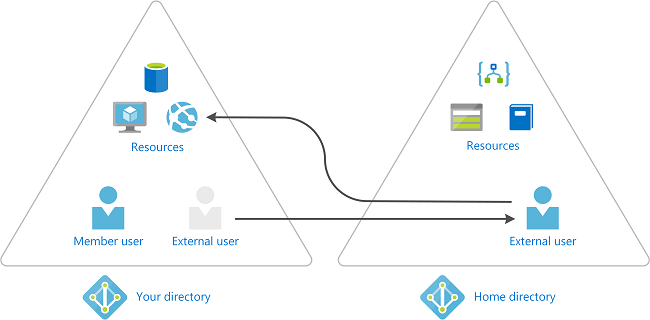Before I start on Azure B2B and Power BI, If your project has a set of requirements
to build and create dashboards based on the data you are collecting from
different sources, the design whatever you chose is also depend on 2 factor –
the volume of data (events + history) and how much processing you have on this
data. Generally you need history of data also in dashboards so lambda
architecture is in use. In this design you process massive historical data in
batches (can be hourly, daily etc) and on top of this data merge with recent
delta real time events using azure event hub or kafka. This will add the flavor
of real time on top of history which is majority of the volume. You can
get more details at Microsoft document. Now on top of this your serving
layer you can have direct query model in any choice of BI tool like Datameer Analytics tool,
Tableau, Power BI .. all these provide connectors to Azure data lake or Azure
Synapse.
If dashboard volume is more and you need to have better performance in Power BI dashboards (connectors are generally slow) you need to introduce caching layer(like Azure Analysis Services) before it and need to do incremental refresh, something like in Modern Datawarehouse design. This design can extends for lambda architecture also.

If dashboard volume is more and you need to have better performance in Power BI dashboards (connectors are generally slow) you need to introduce caching layer(like Azure Analysis Services) before it and need to do incremental refresh, something like in Modern Datawarehouse design. This design can extends for lambda architecture also.
Now
the biggest challenge what I have seen by using BI tool like Power BI, is right
techniques to store data for future use where the requirement may call for
sharing the data in dashboards to external users who are not part of your
original licensing and data level security with external user is another
challenge. For external users you need to invite them as guest using Azure
Active Directory (Azure AD) business-to-business (B2B) collaboration, this will
allow you to granular the access as they will become part of your Azure
directory. Azure B2B lets you securely share your company's applications and
services with guest users from any other organization, while maintaining
control over your own corporate data. This will work even if external
partner don't have Azure AD or an IT department. For more details refer to
the Microsoft document "DistributePower BI content to external guest users using Azure Active Directory B2B"
How does
collaboration using B2B guests work?
When you use B2B
collaboration, you can invite an external user to your organization as a guest.
The guest can be managed as a user in your organization, but a guest has to be
authenticated in their home organization and not in your Azure AD organization.
This means that if the guest no longer has access to their home organization,
they also lose access to your organization.

For
security of data you need to decide 3 factor's for guest users(it can be also for
you organizational users), row level security(refer document), column level security and masking whole
table. You need to put mapping logics for these 3 masking into our caching
layer AD groups to limit the access for guest users. The other way of inviting
Power BI users from App directly using email or security groups, but it is not
recommended approach as not give enough granularity like Azure B2B. Now if you
have Power BI premium capacity for licensing part you will not face any issue
as the guest which you invited are backed by already Power BI premium capacity.
Here only 2 option is there either the guest who is going to join come in with
already a pro license or you assign then pro license out from your tenant.
Post a Comment
Post a Comment
Thanks for your comment !
I will review your this and will respond you as soon as possible.